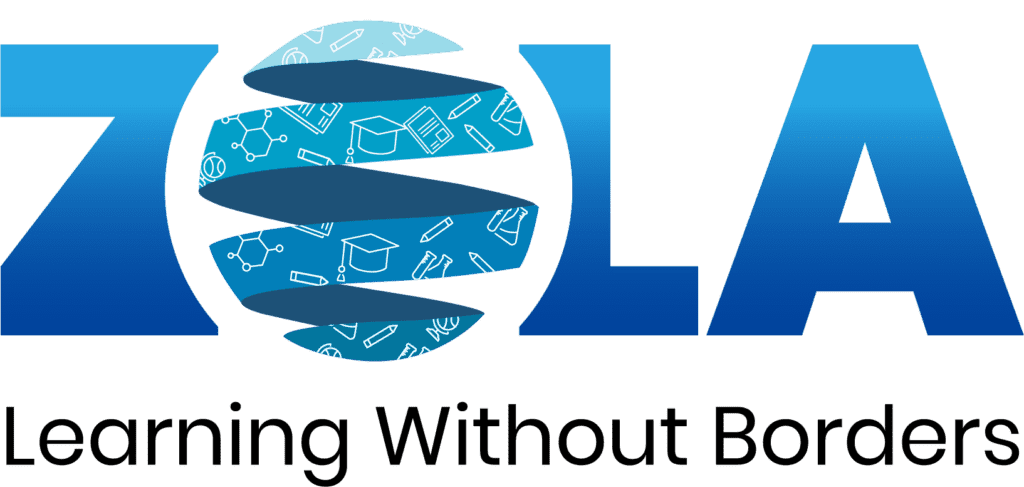Introduction on the Importance of Early Childhood Education:
Early childhood education (ECE) lays the foundation for a child’s lifelong learning journey, shaping cognitive, social, and emotional development during the formative years. In this blog, we explore the paramount importance of early childhood education, delving into the transformative impact it has on children’s overall well-being and future success.
- Cognitive Development: Building a Strong Intellectual Base
Early childhood is a critical period for brain development. Educational activities and experiences during this time significantly impact cognitive functions, including memory, language, and problem-solving skills. Structured learning environments in early childhood education provide age-appropriate challenges that foster intellectual curiosity and prepare children for academic success in later years.
- Socialization Skills: Fostering Healthy Interpersonal Relationships
Early childhood education is not solely about academics; it plays a pivotal role in developing socialization skills. In a structured setting, children learn to interact with peers, share, communicate, and collaborate. These early social experiences form the basis for healthy interpersonal relationships, essential for success in both personal and professional spheres later in life.
- Emotional Well-being: Nurturing a Positive Self-Image
The emotional well-being of a child is foundational to their overall development. Early childhood education provides a nurturing environment where children learn to express emotions, build resilience, and develop a positive self-image. These early experiences contribute significantly to emotional intelligence, influencing how children navigate challenges and relate to others throughout their lives.
Early exposure to language-rich environments in educational settings is crucial for developing language and communication skills. These skills are the building blocks for literacy, setting the stage for successful reading and writing in later academic pursuits. Early childhood education focuses on language development through storytelling, interactive activities, and exposure to a variety of communication tools.
- Cultural Awareness and Diversity: Fostering Inclusivity from the Start
Early childhood education introduces children to diverse cultures, perspectives, and backgrounds. This exposure fosters cultural awareness and inclusivity, instilling a sense of respect for differences from an early age. Such an understanding becomes the cornerstone for fostering a global mindset, essential in an interconnected world.
- Preparation for Formal Schooling: Smooth Transition to Primary Education
Early childhood education acts as a bridge to formal schooling, preparing children for the transition to primary education. The structured routines, exposure to basic academic concepts, and development of foundational skills create a seamless entry into primary school. This smooth transition sets the stage for a positive attitude towards learning throughout a child’s academic journey.
- Parental Involvement: Building a Strong Educational Partnership
Early childhood education encourages active parental involvement, recognizing the crucial role parents play in a child’s development. In collaborative efforts with educators, parents can reinforce learning at home, creating a strong educational partnership that supports a child’s growth and learning. This involvement contributes significantly to the child’s academic success and overall well-being.
Expansion:
- Cognitive and Motor Skills Development: Fine-Tuning Coordination
Beyond intellectual development, early childhood education plays a pivotal role in honing fine and gross motor skills. Through activities such as drawing, playing with building blocks, and engaging in physical exercises, children develop coordination, spatial awareness, and control over their movements. These foundational skills are crucial not only for academic success but also for daily activities and participation in sports.
- Problem-Solving and Critical Thinking: Fostering Analytical Abilities
Early childhood education encourages a child’s natural curiosity, fostering problem-solving and critical thinking skills. Engaging in puzzles, interactive games, and hands-on activities stimulates the development of these cognitive abilities. The ability to analyze situations, think critically, and solve problems independently becomes a valuable asset as children progress through their academic journey and into adulthood.
- Early Identification of Learning Challenges: Proactive Intervention
Early childhood educators are trained to observe and identify potential learning challenges or developmental delays. Through close monitoring, they can detect signs early on, allowing for proactive intervention and support. Timely identification and intervention significantly enhance the chances of addressing learning difficulties effectively, ensuring that children receive the necessary assistance to thrive academically.
- Promotion of Creativity: Unlocking Artistic and Innovative Potential
Early childhood education nurtures creativity by providing children with opportunities for artistic expression and imaginative play. Activities such as drawing, painting, and storytelling foster creative thinking and innovation. Encouraging a child’s creativity from a young age contributes to the development of problem-solving skills and an innovative mindset, qualities highly valued in the modern workforce.
- Lifelong Love for Learning: Establishing a Positive Learning Attitude
Perhaps one of the most enduring benefits of early childhood education is the establishment of a lifelong love for learning. The positive experiences, engaging activities, and supportive environment create an attitude that values education as an enjoyable and fulfilling journey. This love for learning becomes a driving force that motivates individuals to pursue knowledge throughout their lives.
Conclusion:
The importance of early childhood education cannot be overstated. As we witness the profound impact it has on cognitive development, socialization skills, emotional well-being, language acquisition, cultural awareness, and the smooth transition to formal schooling, it becomes evident that investing in early childhood education is an investment in the future.


